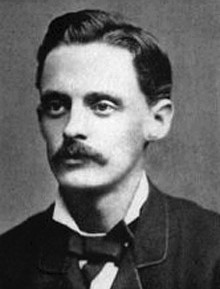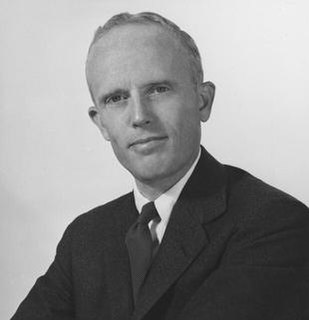A Quote by Gaston Bachelard
All knowledge is in response to a question. If there were no question, there would be no scientific knowledge. Nothing proceeds from itself.
Related Quotes
The fact that these scientific theories have a fine track record of successful prediction and explanation speaks for itself. (Which is not to say that I don't directly discuss the work of those philosophers who would disagree.) But even if we grant this, many will argue that scientific knowledge in humans, and, indeed, reflective knowledge in general, is quite different in kind from the knowledge we see in other animals.
If the question were, "What ought to be the next objective in science?" my answer would be the teaching of science to the young, so that when the whole population grew up there would be a far more general background of common sense, based on a knowledge of the real meaning of the scientific method of discovering truth.
In the case of some people, not even if we had the most accurate scientific knowledge, would it be easy to persuade them were we to address them through the medium of that knowledge; for a scientific discourse, it is the privilege of education to appreciate, and it is impossible that this should extend to the multitude.
Opportunism towards knowledge is a utilitarian demand that knowledge must be immediately practical. Just like with sociology where we hope its purpose is to serve society, however, the true purpose of sociology lies in its impracticality. It cannot become practical or else it loses its meaning. Perhaps we should learn a different kind of knowledge: the knowledge to question knowledge.








































